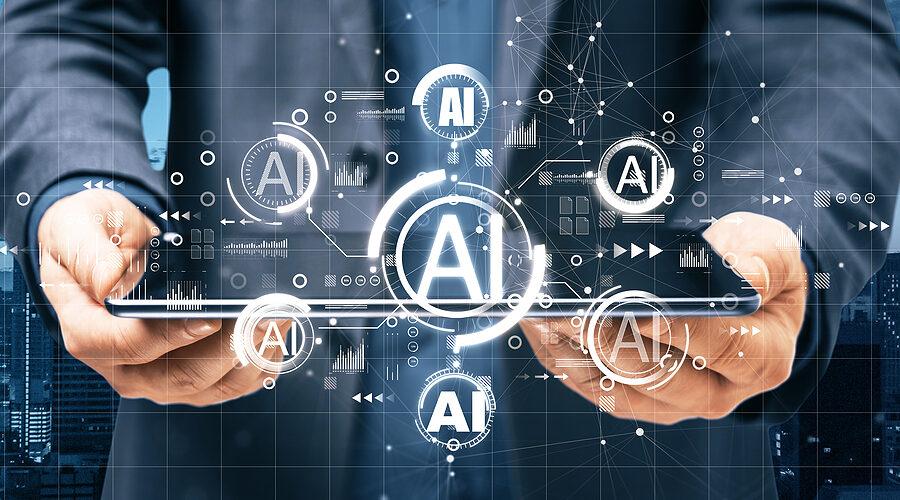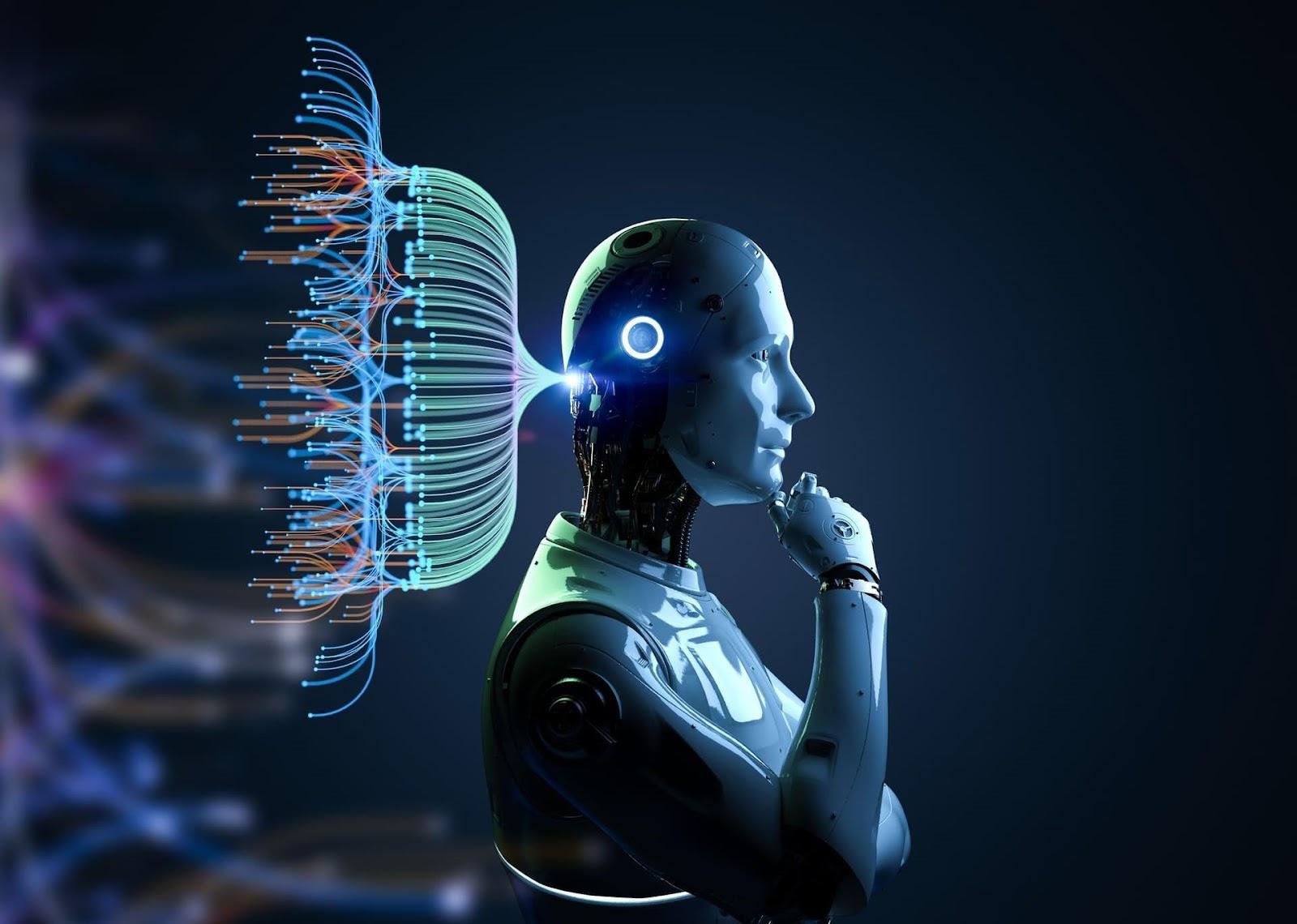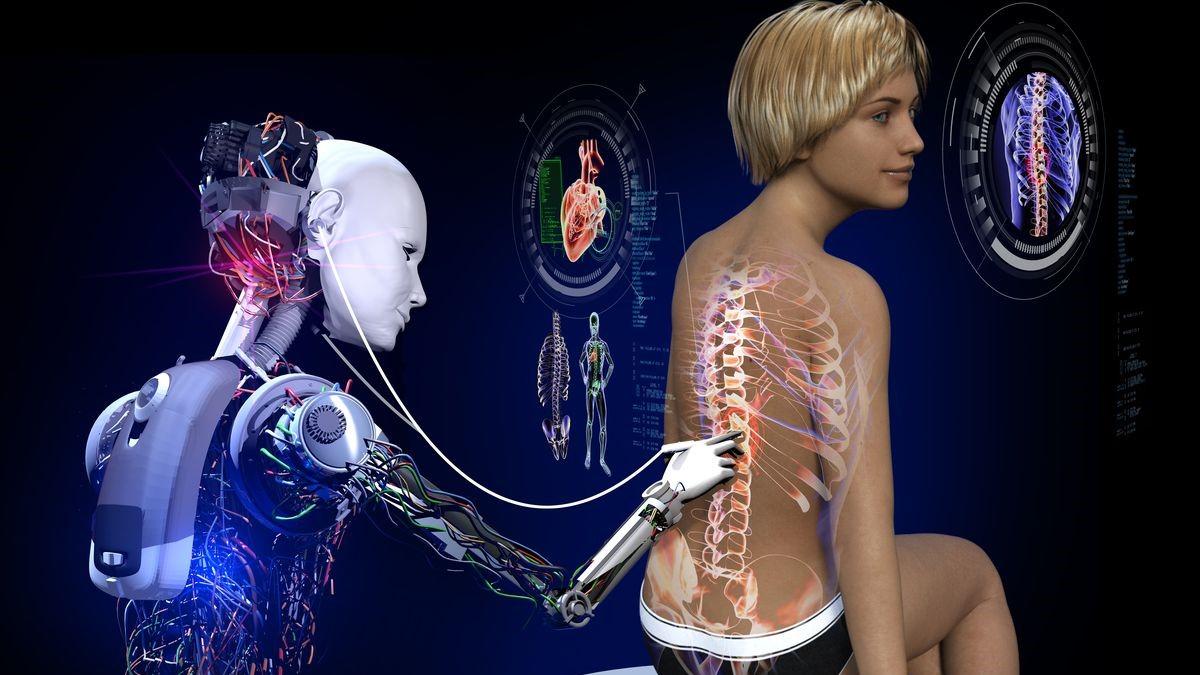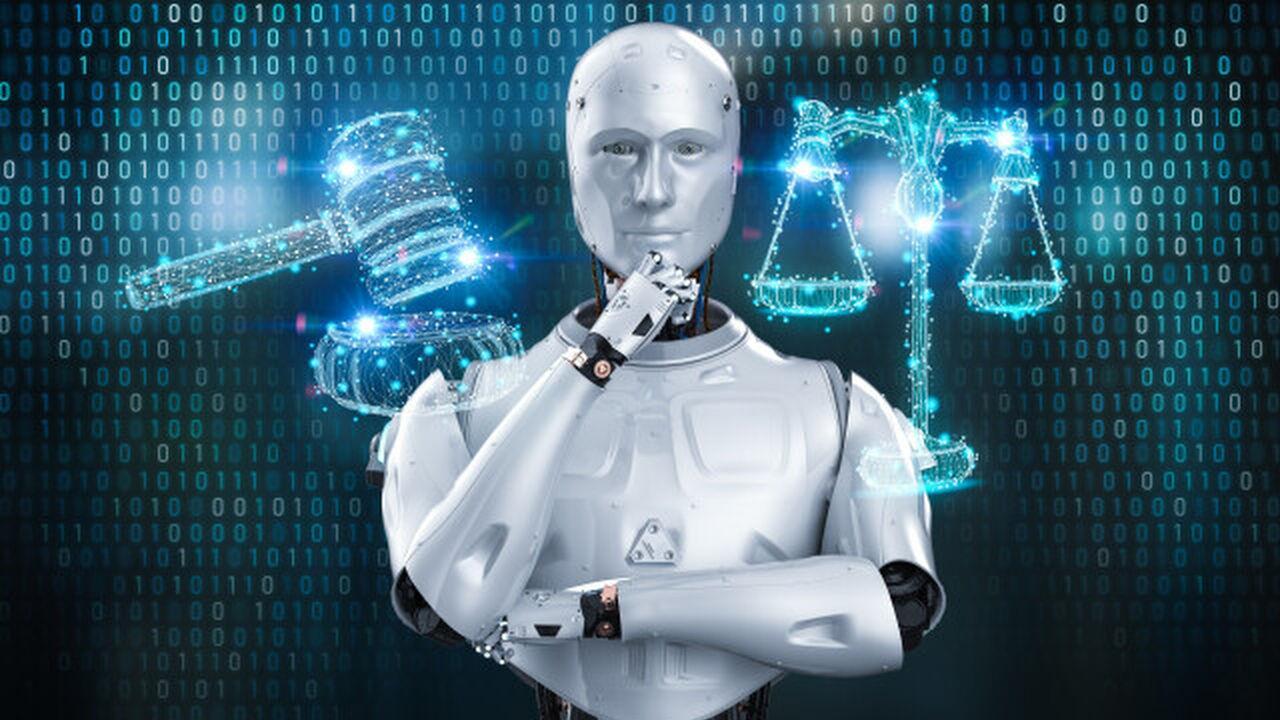What is Artificial Intelligence Literacy? A Comprehensive Guide for Beginners
Artificial intelligence (AI) was first defined in 1956 as "the science and engineering of building intelligent machines". In the following years, it gradually evolved into intelligent machines and algorithms that can reason based on rules and environments that mimic human intelligence.

Artificial Intelligence (AI) has become an integral part of our daily lives in ways we may not realize. From voice-activated virtual assistants to personalized recommendations, it is with us at many points.
We encounter different forms of artificial intelligence in our homes, workplaces, professions, cars, and smart appliances. In a way, this process is transforming the way we interact with the world.
Yet most people have a limited knowledge and understanding of how these technologies work. Researchers and experts are making efforts to bridge this gap.
Research shows that many people do not even realize that they are encountering artificial intelligence. In a survey of American adults conducted by the Pew Research Center in December, six common examples of the use of artificial intelligence were given, and only 30% of the respondents knew that all the examples were related to artificial intelligence.
When we look at the data while all this is happening, the artificial intelligence market is estimated to grow by 309.6 billion dollars by 2026.
With Artificial Intelligence (AI) taking its place in the market and at the same time entering every aspect of our lives, large and small, a new form of literacy has emerged as a necessity: Artificial Intelligence (AI) Literacy
The fact that AI is no longer just a technological tool but an important societal element suggests that making sense of AI should not be the domain of data scientists or data analysts alone.
However, the aim here is not to make everyone an AI expert. Of course, there will be those who specialize in this field. However, the main goal is to equip individuals with the necessary knowledge and skills to make sense of, use, and interact with AI responsibly and effectively. It is for society to make informed decisions and to have a clear understanding of what changes this technology will cause in our lives in the future and the ethical aspects of these changes.
In this content, we will examine the concept of AI literacy and look at its various components, its role in education and business life, as well as its importance in this new world that it is beginning to drive.
What is Artificial Intelligence (AI) Literacy?
AI literacy is a multifaceted concept that is not just about understanding AI technologies. AI literacy involves having the necessary skills and competencies to use AI technologies and related applications effectively.

It is about looking critically at AI technologies, understanding their context, and questioning their design, implementation, and benefits.
In our increasingly intertwined and connected world, AI has found its place in sectors as diverse as finance, education, health, and entertainment. The use of AI-supported tools for data analysis in the business world or the use of machine learning algorithms in the field of healthcare has manifested itself in many areas. At this point, artificial intelligence literacy has become an essential skill.
But we would like to point out here that AI literacy is not only about professional competence. It is about being critical and having a curious mind. As these systems become widespread, social and cultural interactions are affected and differentiated. Being self-confident in the world is at the heart of AI literacy.
We have already experienced how AI tools such as ChatGPT and Bard have shaped our decisions, our perceptions, the way we do business and even the way we interact with the world. AI literacy involves fully understanding and making sense of these impacts, recognizing the truths and misinformation that AI has brought to the forefront and ethical, social, and cultural issues.

In conclusion, AI literacy is closely related to enabling people to navigate this technology-filled world today and tomorrow with confidence and responsibility. While AI literacy takes into account the challenges and consequences of this situation, it encourages the formation of a society that knows how to make the most of its benefits.
Why AI Literacy Matters?
As we mentioned in our article, artificial intelligence is now everywhere and the increase in the use of artificial intelligence in the coming period is not only a possibility but also a fully accepted reality. This alone is a clear reason why people need to improve their AI literacy. But this is not the only reason.
A recent study by Pew Research found that 27% of Americans say they interact with artificial intelligence tools at least several times a day.
Similar to this data, an IBM study conducted in 2022 revealed that 35% of organizations use AI technology in the workplace. 42% stated that they are aware of and research the benefits.

AI literacy is important because it gives us the ability to identify the technology, communicate effectively with it, know its limitations, and see its potential.
On the other hand, a review of research shows that with the rise of AI, there will be many job opportunities in various industries and AI will probably have no trouble replacing the jobs of tomorrow.
As predicted, even though AI will not replace all disciplines, those who have this knowledge will replace those who do.
The MicKinsey report predicts that by 2030, 15% of global working hours will be automated, with 47% of American jobs at high risk of automation.
This is exactly why, similar to classical literacy, which includes reading/writing and numeracy skills, AI literacy has emerged as a suite of skills that everyone needs to learn to gain a competitive advantage in the workplace or another area of society.
Artificial intelligence has emerged as one of the most important technologies today. Therefore, to combine AI and literacy, AI literacy has become a necessity for people to understand and live in this world and it should be taught at the K-12 level.
K-12 is an education model used in countries such as Canada, USA, Australia and Turkey. It emerged from the terms Kindergarten and 12th grade. It refers to the period and level from kindergarten to 12th grade. Kindergarten refers to the kindergarten level, while 12 refers to the 12th grade.

Image: Google graph of the number of articles published on AI literacy.
What are the Components of AI Literacy?
AI literacy is a broad concept that encompasses several key components. In fact, as with data literacy, there are levels of fluency. These components are as follows:
Technical Interpretation
Technical understanding, or technical understanding, involves understanding the basic logic of how AI works.
For example, knowing and realizing that AI technologies can only be as good as the subject and data they are trained on, their margin of error, and that they can be affected by existing biases is an example of technical understanding.
Practical Understanding
Practical understanding includes the knowledge of how to interact effectively with AI technologies and how to apply them quickly.
Whether you are using a virtual assistant, communicating with ChatGPT, or trying to use an AI-powered analytics tool for your business, being able to communicate quickly and accurately when using these tools requires practical understanding.
Ethical Understanding
Artificial intelligence is not just a tool, but a technology that has social implications and changes in our world. Ethical understanding therefore involves being aware of the implications of AI and making sense of the ethical considerations they raise.
It also involves understanding the potential for misuse and the need for transparency and accountability.
Artificial Intelligence Literacy in Business
AI literacy has emerged as an important skill set in a rapidly evolving business environment.
AI technologies have and continue to revolutionize various business functions. In a sense, this is already becoming a challenge for employees at all levels to understand AI.
AI literacy in business is about understanding how this technology should be used to drive innovation, strategic advantage, and efficiency. AI literacy includes understanding how to use AI in marketing, human resources, medicine, supply chain management, digital marketing, and decision-making.
AI as a field is constantly evolving as it regularly introduces new technologies, tools, and applications. This makes it imperative for professionals in business life to stay up to date, learn continuously, and improve their skills at this point.

This applies to businesses as well. Businesses should invest regularly in keeping their employees up-to-date on AI trends, applications, tools, and other relevant topics.
Learning and developing this technology with real-world applications makes it much more tangible and relevant. By implementing AI technologies in these organizations, businesses can make the process easier for their employees.
What are the Ethical Concerns in Artificial Intelligence Literacy?
Since artificial intelligence plays an extremely important role in daily decision-making, and since this role will expand to more and more areas, there are ethical concerns that a misused or poorly designed/planned application can cause serious harm to people and society.
In this context, researchers have begun to realize the importance of concerns about justice, transparency, accountability, and ethics, rather than just improving AI capabilities.

For example, a group of scientists even prepared a secondary school curriculum to develop AI literacy by combining AI concepts, ethics, awareness and careers.
To summarize AI literacy within the framework of ethical concerns, conceptualizing it with human-centered thoughts is very important for building an inclusive society in the future.
The Future of AI Literacy
Looking to the future, the importance of AI literacy will increase exponentially. Research in this direction and the rapid transformation taking place today reveal this situation.
With the extremely rapid development of artificial intelligence technologies and applications and their spread to various sectors, artificial intelligence literacy will stand out as a critical skill for individuals, companies, and societies.
Even if we will not need all of us to use or configure artificial intelligence as experts, those who understand and interact with it much better will always be one step ahead.
Here, the development adventure of artificial intelligence and the course of its development will also form the framework of artificial intelligence literacy.
Continuous learning and adaptability to make sense of emerging applications and technologies will be the key to remaining literate in artificial intelligence in the future.
The best example of this is how LLMs and people who have a better idea of how they work are currently shining, and the same will be true for a different application in the future.
Artificial Intelligence Literacy: General Considerations
In our journey in this content, we evaluated various aspects of artificial intelligence, its place and role in the business world, and its importance in our world, which is increasingly driven by artificial intelligence.
We examined the technical, practical, and ethical understanding of artificial intelligence literacy, as well as practical applications and possible social developments.
We have tried to emphasize the importance of the concept of artificial intelligence not only in computer science, but also in various fields, and with this, we have revealed its role in the critical approach and understanding the world around us.
We have determined that AI literacy has become a critical skill in today's world and will continue to increase its importance in the future.
At the end of our article, we would like to convey that the adventure of AI literacy does not include a destination, continuous learning and discovery is the real key to this adventure.
So let's continue this journey together, keep learning and exploring, and push the boundaries of what is possible with AI in the best and most exciting way possible.
If you are too new to this adventure, you can visit our AI Blog page which we have realized for you. You can review many content such as Artificial Intelligence Engineering, Generative AI 101 Guide, and 6 ChatGPT+ Plugins You Can Use in Digital Marketing.
Sources
https://www.edweek.org/technology/ai-literacy-explained/2023/05
https://www.sciencedirect.com/science/article/pii/S2666920X21000357
https://datatechvibe.com/ai/what-is-ai-literacy-how-can-it-be-acquired/
https://www.sciencedirect.com/science/article/pii/S2666920X21000357#bib37
https://www.sciencedirect.com/science/article/pii/S2666920X21000357#bib40



















